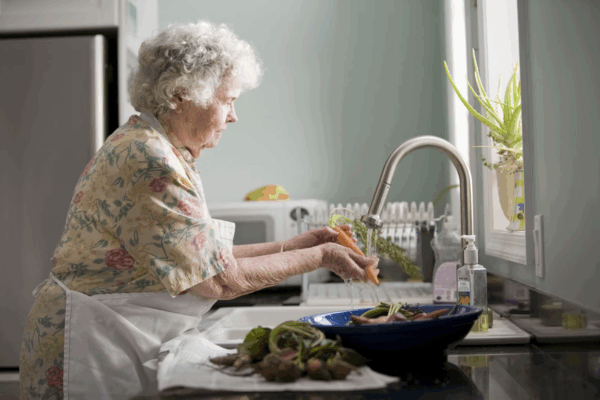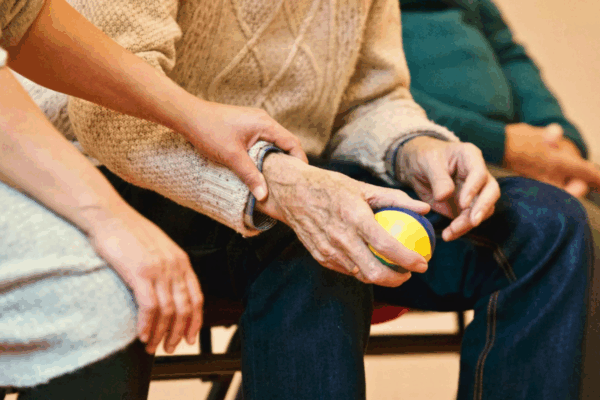As Lehigh Valley residents age, maintaining brain health becomes increasingly important for overall well-being and quality of life. Cognitive decline is a common concern among seniors, but there are many proactive steps we can take to keep our mind sharp and active. Here are some of the best ways to promote brain health for older adults.
Stay physically active
Physical exercise is not only good for the body but also for the brain. Activities like walking, swimming, yoga, and strength training increase blood flow to the brain, which can help reduce the risk of cognitive decline. Regular exercise has been linked to improved memory and a lower risk of conditions like Alzheimer’s disease.
Engage in Mental Stimulation
Keeping the brain active is essential for maintaining cognitive function. Older adults can challenge their mind by:
- doing puzzles and brain games like Sudoku or crosswords.
- learning a new skill or hobby, such as playing an instrument or painting.
- reading books or engaging in meaningful discussions.
- taking online courses or attending lectures.
Maintain a healthy diet
A nutritious diet can have a significant impact on brain health. Seniors should focus on a diet rich in:
- omega-3 fatty acids (found in fish, walnuts, and flaxseeds).
- antioxidants (found in berries, dark chocolate, and leafy greens).
- whole grains and lean proteins to support overall brain function.
- hydration because dehydration can contribute to confusion and memory problems.
Social interaction helps keep the brain engaged and reduces the risk of depression and cognitive decline. Older adults should stay connected with family, friends, and their community by:
- participating in group activities, clubs, or senior centers.
- volunteering or mentoring younger generations.
- regularly engaging in conversations with loved ones.
Get enough sleep
Quality sleep is crucial for cognitive health. Poor sleep can lead to memory issues and difficulty concentrating. Seniors should aim for 7–9 hours of sleep per night by:
- establishing a regular sleep schedule.
- creating a relaxing bedtime routine.
- avoiding caffeine and electronic screens before bedtime.
Manage stress levels
Chronic stress can negatively impact brain function and increase the risk of memory loss. Effective stress management techniques include:
- practicing meditation or mindfulness.
- engaging in relaxation exercises such as deep breathing.
- spending time in nature or engaging in enjoyable activities.
Monitor and manage health conditions
Certain health conditions, such as high blood pressure, diabetes, and heart disease, can contribute to cognitive decline.
Seniors should:
- regularly visit their healthcare provider for check-ups.
- follow prescribed treatments and medications.
- maintain a healthy lifestyle to manage chronic conditions.
Limit alcohol and avoid smoking
Excessive alcohol consumption and smoking can damage brain cells and increase the risk of dementia. Older adults should minimize alcohol intake and avoid smoking to preserve their cognitive health.
Keep a positive outlook
A positive mindset can make a significant difference in overall well-being. Engaging in gratitude practices, setting personal goals, and staying optimistic can help maintain mental resilience and motivation.
Promoting brain health for older adults requires a combination of physical activity, mental engagement, healthy eating, and social connections. By adopting these habits, seniors can enhance their cognitive function, improve their quality of life, and enjoy their golden years with mental clarity and vitality. Encouraging a proactive approach to brain health benefits not only older adults but also their families and communities.
Deciding when to consider a personal care community is not to be taken lightly. It’s important to evaluate your loved one’s physical, emotional, and social needs, as well as your own ability to provide care. A personal care community provides a safe and supportive environment where your loved one can receive the attention, medical care, and social interaction they need to live a comfortable and fulfilling life. Call us today at 610-509-0445.






